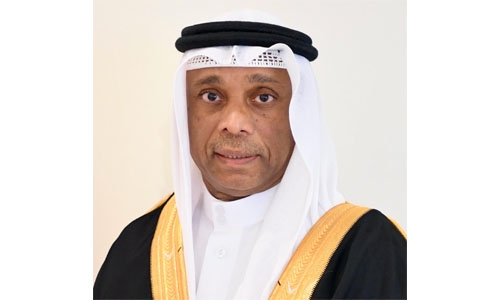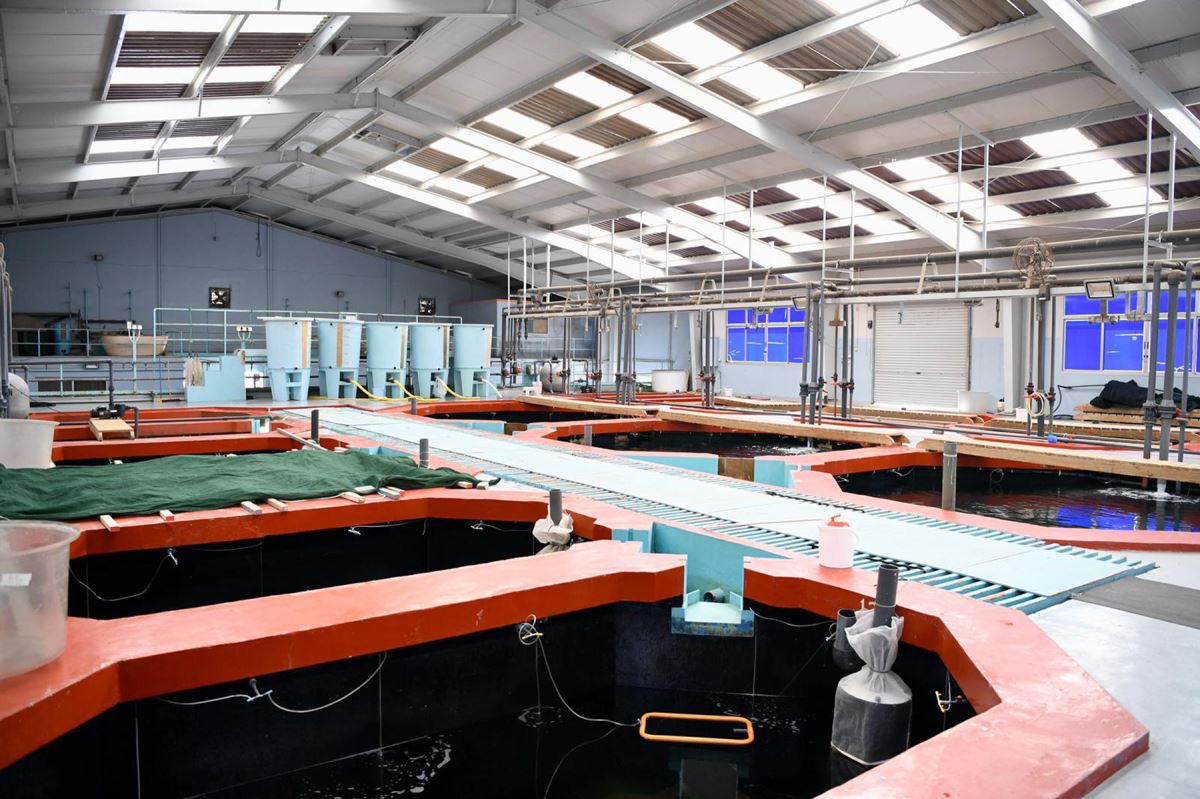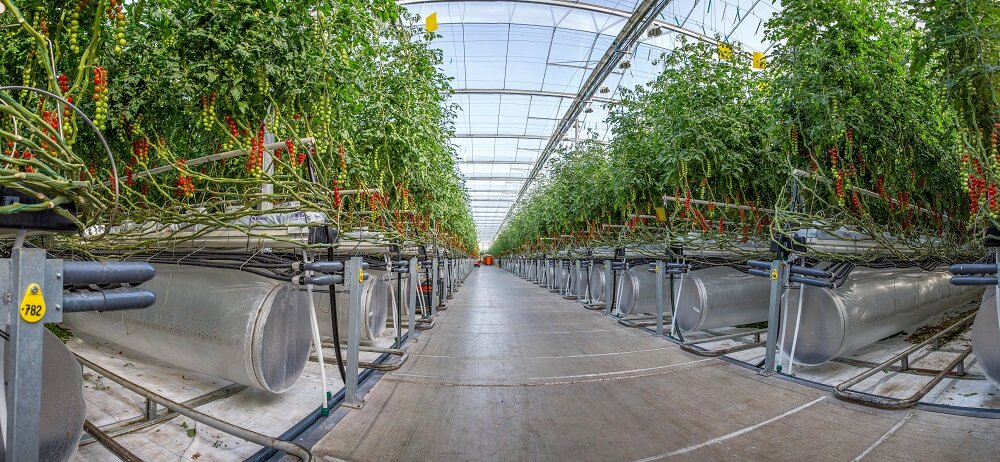Private sector role crucial in Bahrain's food security, say Dr Hassan
TDT | Manama
The Daily Tribune – www.newsofbahrain.com
A top Works Ministry official had called on private sector establishments to play their part in ensuring food security in the Kingdom. “Bahrain could do this by making the best of use of modern technologies and techniques,” said Dr Khaled Ahmed Hassan citing directives in this regard, The Undersecretary for Animal Resources at the Ministry of Works Municipalities Affairs and Urban Planning said the Kingdom considers the private sector “as a key partner in ensuring food security”.
Food security, he said, should be achieved in the Kingdom and GCC nations by selecting products depending on the availability of the natural resources, which will also lead to achieving self-sufficiency.
“The World Food and Agriculture Organisation, the United Nations and the World Food Conference are striving to find a universally agreed definition or a concept of food security, but the closest achieved is the concept of food self-sufficiency.” Experts define food security as “the access for all people at all times to enough food for a healthy, active life”.
In contrast, food self-sufficiency means the ability to meet consumption needs - particularly for staple food crops - from own production rather than by buying or importing.
He explained, “Food self-sufficiency calls for relying completely on the available resources and ability to satisfy the food needs locally and comprehensively. However, local production is not a must to achieve food security, as products can be partly produced locally and imported from abroad.
Food security of a country thus overlaps significantly with its political and economic stability.” “The National Food Security Strategy follows this concept after coordinating with the House of Expertise and the Food and Agriculture Organisation.” Bahrain, Dr Hassan said, intends to raise domestic poultry meat production from 9 million to 20 million.
“This represents 55% of domestic consumption.” “We also seek to raise the production of eggs to meet 33% of domestic consumption,” he added. Dr Hassan said the Kingdom could obtain self-sufficiency in white meat and poultry meat “by using modern technology and artificial intelligence to raise the efficiency of poultry meat production and benefitting from the recycling of poultry products and waste."
On this note, he said the private sector establishments in the Kingdom should come forward to invest in the poultry industry, considering its economic benefits.
He pointed out that there are understandings among the Gulf countries on the formation of the Gulf Fund for Food Security. “Here, the focus is on selecting goods from each Gulf country based on the natural resource availability.” The private sector, he said, should actively participate “in creating Gulf partnerships under the umbrella of the Gulf Food Security Fund to ensure the sustainability of these projects.”
He also termed protein alternatives or the use of microalgae as the next revolution. Microalgae is an alternative high-protein source that can meet the requirements of the malnourished population. The proportion of protein in it reaches up to 60%, compared to 30% in poultry meat, 17% in similar products, and 27% in wheat.
Reports say single-cell organisms such as Dunaliella, Spirulina, or Chlorella containing up to 70% protein, along with being oil rich in polyunsaturated fatty acids, vitamins, and beta-carotene. “Microalgae are rich in vitamins and fats and are used in the food industry, animal feed, medical and cosmetic preparations,” Dr Hassan added.
He added, “The market for protein substitutes includes microalgae, and the World Food Organisation is working to raise awareness among countries on industrial scale investment for the production of protein substitutes as a solution to replace animal protein produced at a high cost.” Dr Khaled called on the private sector to invest in this field to find solutions and food alternatives.
Related Posts



